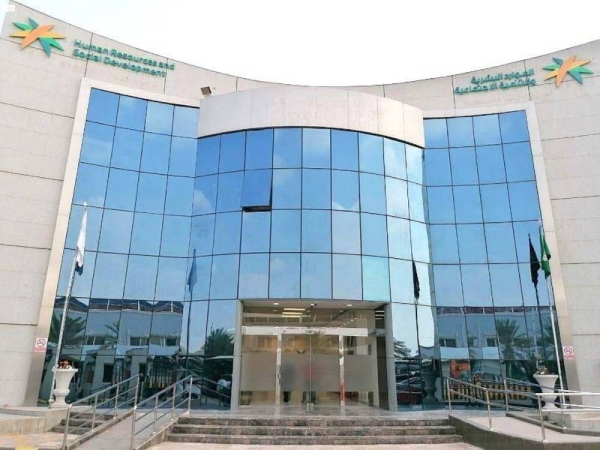
Government measure has successfully tackled the issue of illegal pilgrims
Having a large number of pilgrims without permits in the past have led to chaos and randomness, and the gathering of pilgrims on the sidewalks, roads and under bridges
JEDDAH: Hajj “permits” have always been one of the issues that pilgrims worry about, whether they are in Saudi Arabia or from any other country in the world.
In 2008, a campaign for organizing the pilgrims of the Kingdom was launched under the title “No Hajj Without Permission.” It aimed to reduce the number of pilgrims from Saudi Arabia who used to go to Hajj every year without permission by allowing them to perform Hajj once every five years to give a chance to other pilgrims.
Having a large number of pilgrims without permits led to chaos and randomness, and the gathering of pilgrims on the sidewalks, roads and under bridges. Over the past 10 years the campaign authorized individuals to reach the holy mosques easily, to pass through the checkpoints without violations, and to enjoy the services provided to pilgrims by the Kingdom.
The Ministry of Interior has been working hard every year to make Hajj successful and easy by using technology to facilitate Hajj permits with a number of very creative applications.
The National Media Campaign for pilgrims’ awareness during Hajj tweeted on Aug. 9: “Make sure to have your Hajj permit to enjoy a legal Hajj that preserves your rights, allows you to select the suitable service and price and does not expose you to legal liability.”
The campaign also tweeted: “Failure to possess a permit for Hajj may result in you being turned back by the security authorities.”
Security forces tweeted in a video that according to the instructions issued for Hajj, “pilgrims won’t be allowed entry to the holy capital without the appropriate permission, as security checkpoints at all entrances to the city will apply procedures of investigation, verification and seizure of violators, referring them to the appropriate authorities to apply regulations against them.”
It was also clarified by a post on the security forces’ Twitter page that no one can access the holy capital from “citizens and residences” unless they have Hajj permits or proof that they are working in the city.
The Ministry of Interior provides electronic permits which enable the registration and definition of Hajj convoys in the system. This service allows registered convoys to receive Hajj permits electronically, and enables regulators to verify issued permits; in addition, the service allows permits to be issued for government convoys.
The service also allows the option of adding trips, and assigning passengers for each trip, according to the Absher website, in addition to the possibility of issuing permits for government campaigns.
This service allows Saudis and non-Saudis to apply for pilgrimage permission through the ministry portal without having to make a physical visit to the ministry.
The director-general of passports in the Makkah region, Abdul Rahman Al-Harbi, on Wednesday said that the number of electronic permits issued had reached 52,000.
The service is accessed from the “Muqeem” portal for companies and institutions or through the link https://portal.elm.sa by Absher.
@AljawazatKSA also tweeted. “Residents can cancel their Hajj permits.”
Year after year, Hajj has witnessed many improvements in the system of projects and services provided by the Kingdom to the pilgrims, in particular the continuation of the project of expanding the Haram to accommodate a larger number of pilgrims and the completion of important projects that have contributed effectively to facilitate Hajj.
The number of pilgrims increases annually which is a good sign of a successful Hajj. In 2017 the number of pilgrims increased 32 percent from the previous year.
During last year’s Hajj, Saudi Arabia received more than 2.35 million pilgrims from around the world, according to official statistics.












